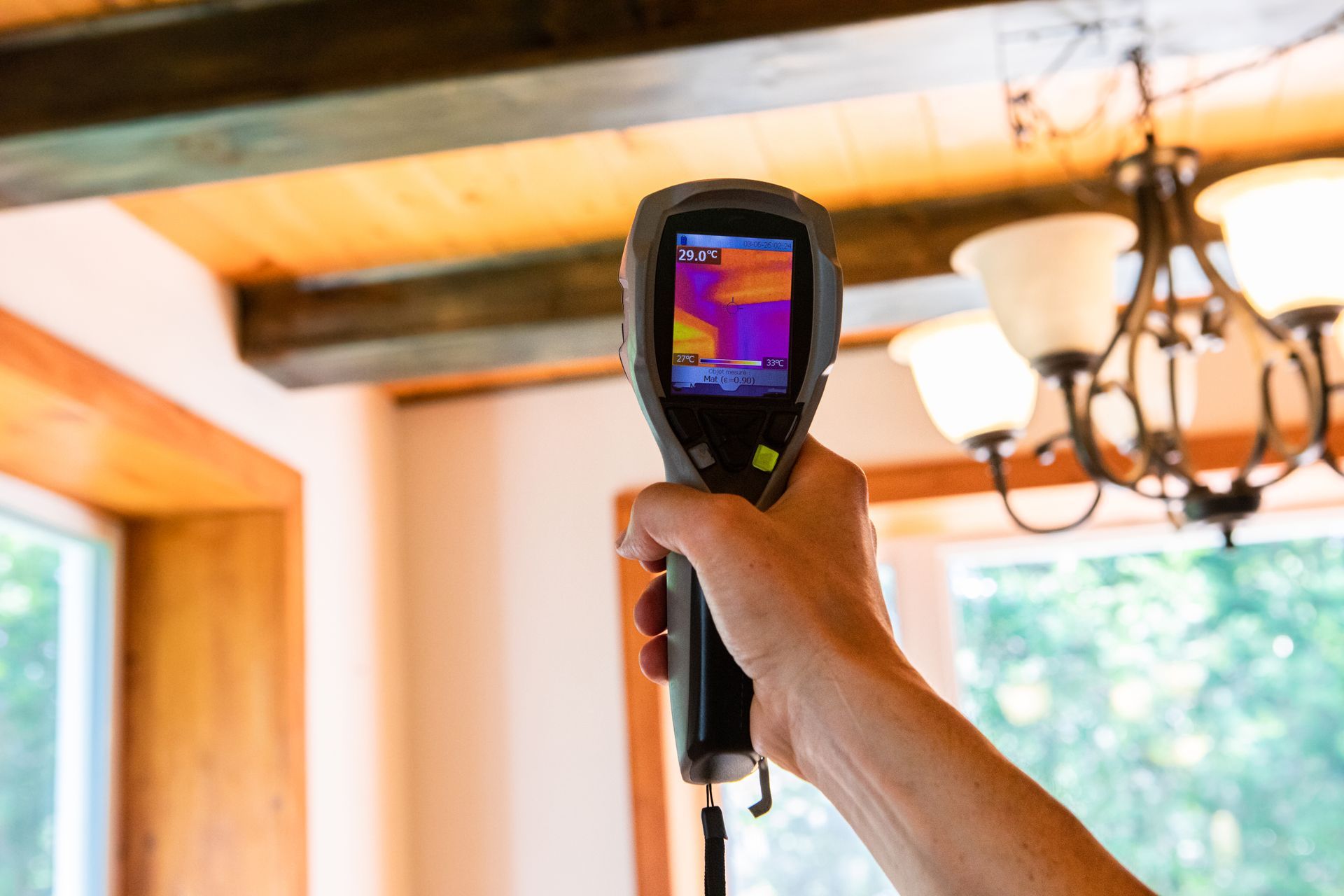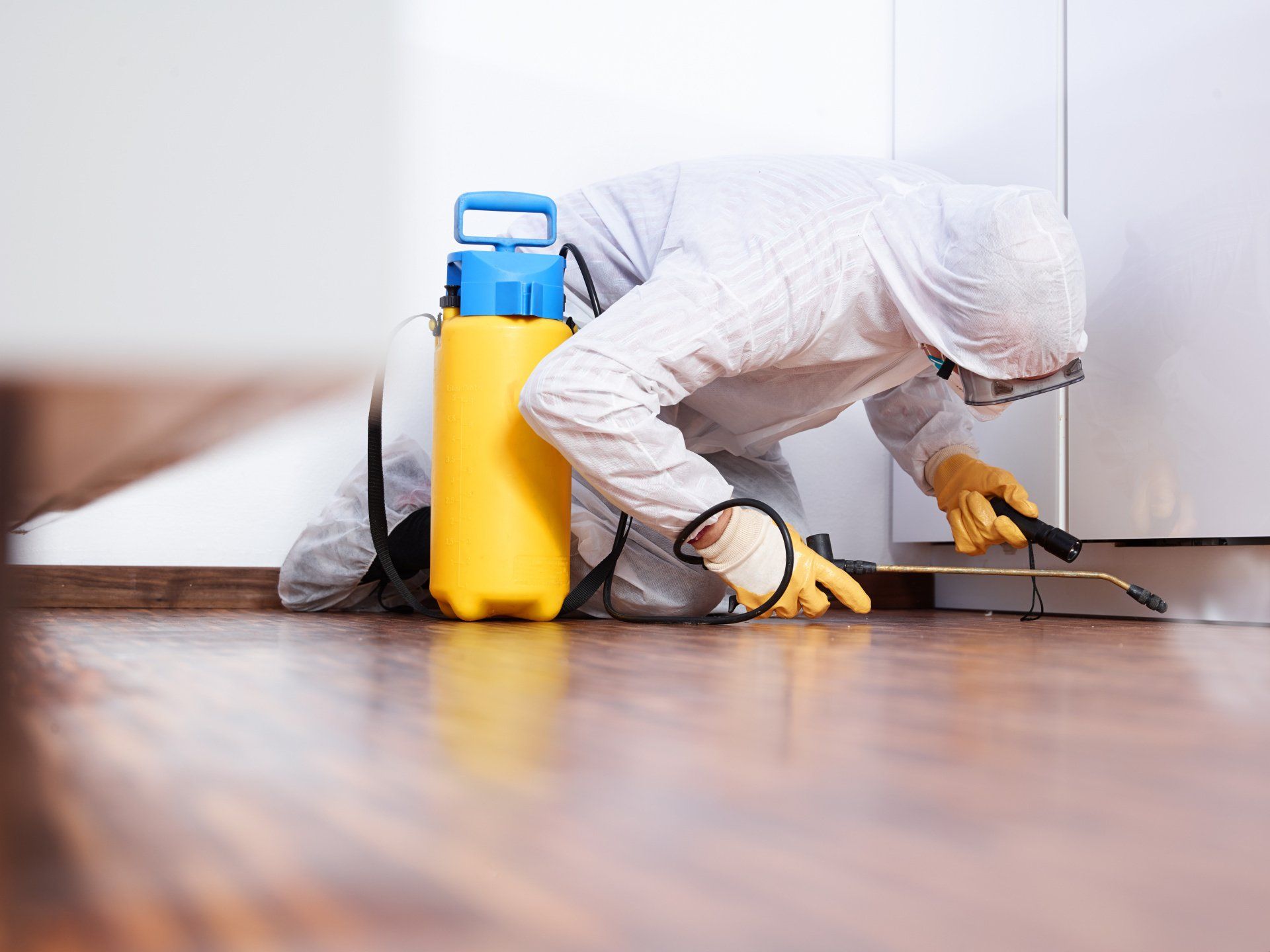Demystifying the Procedure: What to Expect During the Mold Inspection Process
For many homeowners in areas like Hampden County and Hartford County, the idea of a mold inspection can bring up a lot of questions and even a little anxiety. The uncertainty about what the process involves and what issues it may reveal often causes hesitation. However, being informed about the conditions inside your home, especially unseen factors like potential mold growth, is vital for keeping your living space safe and healthy for everyone involved.
To address these concerns, this article will provide a detailed breakdown of the mold inspection process. Our goal is to dispel any myths or misunderstandings you might have, making the process transparent and easy to understand. Whether you've spotted visible signs of mold, are experiencing unexplained health symptoms, or just want to take preventative measures, this guide will give you the information you need to go through a mold inspection with confidence.
What is Mold Inspection?

A mold inspection is a specialized process conducted to detect the presence of mold, identify its type, and assess the extent of its growth within a property. More than just a surface-level examination, mold inspections aim to uncover hidden mold, particularly in places like crawlspaces, attics, and inside walls. This process is crucial not just for your home's structural integrity but also for the health of its inhabitants, as certain types of mold can lead to various health issues, including allergies and respiratory problems.
Mold Removal Professionals qualified to carry out mold inspections are usually certified mold inspectors, mold remedation companies or industrial hygienists. These experts have the training, experience, and tools to perform comprehensive evaluations that a typical homeowner wouldn't be able to do on their own. They look for visible signs of mold, water damage, and other conditions conducive to mold growth. They may use various tools like moisture meters and thermal imaging cameras to detect moisture in hidden areas. Samples may also be taken for lab analysis to determine the type and concentration of mold in your home.
The Inspection Process: What to Expect

Here's a step-by-step guide to help you understand what to expect, whether you're seeking mold removal in Northampton, MA or mold removal in Enfield, CT.
Initial Consultation
Your mold inspection will often begin with an initial consultation. The inspector will discuss the areas of concern with you, ask for any history of water damage or previous mold problems, and provide a general overview of what the inspection will involve. This is a great time to present any specific concerns, especially if you've heard frequent discussions about mold issues in places like Northampton, known for its older, charming homes that might be susceptible to mold growth.
Visual Inspection
The actual inspection commences with a visual examination of your property. The inspector will look for visible signs of mold, water damage, or conditions conducive to mold growth. No nook or cranny is too small to escape attention; from the attic to the basement, every part of your home will be scrutinized.
Moisture Meter Testing
Moisture is mold's best friend, and the inspector will use a moisture meter to identify damp areas that may not be visible to the naked eye. Whether it's in a sprawling suburban house in Enfield, CT, or an apartment in the heart of Northampton, damp spots are ripe for mold growth and must be addressed immediately.
Air Quality Testing
Sometimes, especially if residents are experiencing health symptoms related to mold exposure, air quality testing may be conducted. This involves taking air samples from various parts of your home and possibly from outdoors as a control sample.
Sample Collection
In some cases, physical samples of suspected mold may be collected for further analysis. These could be air samples, surface swabs, or even chunks of material like drywall. These samples will be sent to a lab to identify the type and concentration of mold present, helping to inform the best course of action for mold removal in your local area.
Related article: DIY Mold Removal vs. Professional Mold Remediation: Which is Best?
Knowing what to expect during a mold inspection can go a long way in easing any concerns you may have about the process. The inspection itself is a comprehensive assessment that includes an initial consultation, visual examination of your property, moisture meter testing, and possibly air quality tests and sample collection for further analysis.
Whether you're dealing with mold issues in Springfield, MA or basement water issues in Suffield, CT, this guide aims to equip you with the information you need to confidently engage in mold inspections. Being well-informed enables you to take proactive steps to ensure a healthier and safer home for you and your loved ones.


